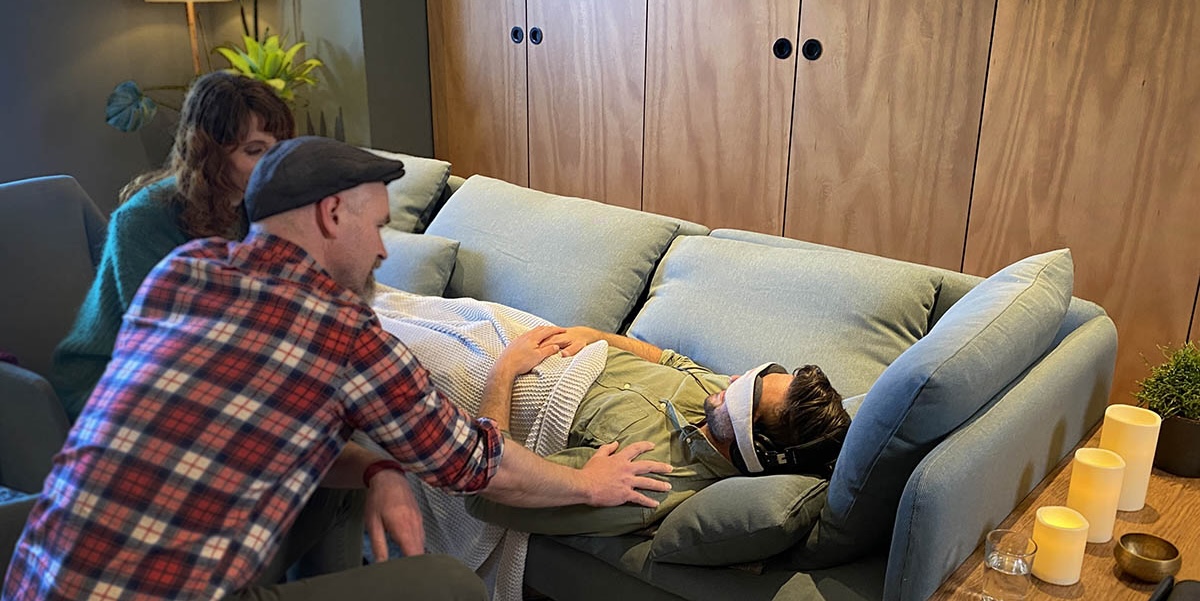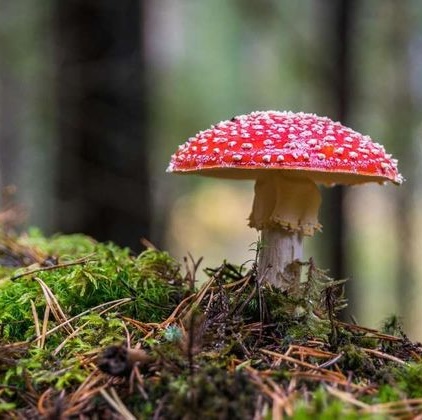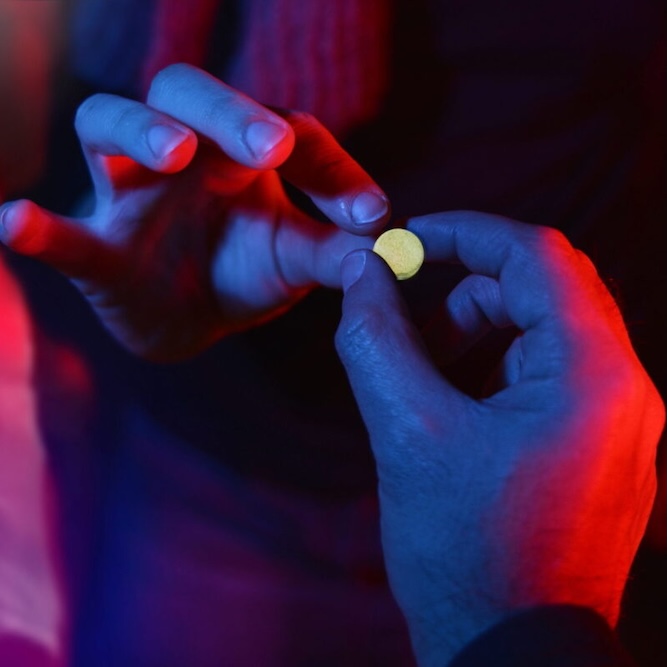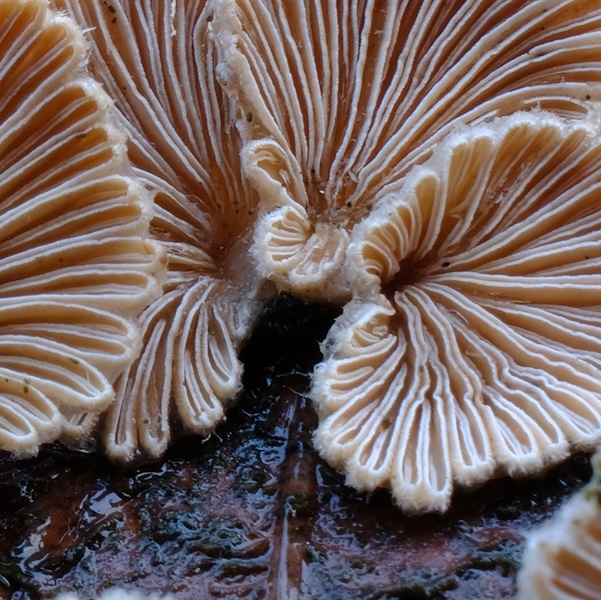Not long ago, psychedelics were relegated to the cultural and scientific sidelines – associated with 1960s counterculture or underground therapy. Today, they’re at the forefront of a new medical industry boom. Analysts project the psychedelic therapeutics market will grow to $3.3 billion by 2031 – just the market for psilocybin “magic mushroom” therapies alone.
That’s more than double its current size, reflecting a major shift from niche to mainstream. In this blog, we’ll analyze what’s driving this explosive market growth:
- A global mental health crisis fueling demand for novel treatments
- Loosening regulations
- Surging investor interest
We’ll also spotlight key players in the industry, emerging business trends, and how public perception is evolving.
The message is clear – the shroom boom is coming, and it’s backed by serious science and money.
From stigma to surge: Why the psychedelics market is booming

Just a few years ago, suggesting that psilocybin or LSD could be billion-dollar medicines might have drawn skepticism. Today, multiple factors have aligned to create a perfect storm for growth in the psychedelic sector:
Mental health crisis
Rates of depression, anxiety, PTSD, and addiction are at all-time highs globally. Existing treatments (like SSRIs or opioids) often fall short, leaving a huge unmet need. Psychedelic therapies are emerging as potential game-changers.
- Clinical trials of psilocybin for depression found it can be as effective as leading antidepressants.
- Both patients and healthcare providers are increasingly open to psychedelics.
Scientific validation
Prestigious institutions (e.g., Johns Hopkins, Imperial College London) have published compelling research showing long-lasting symptom relief from a single dose. The FDA has even granted “Breakthrough Therapy” designations to psilocybin and MDMA programs.
Every successful trial pushes the market projection upward.
Regulatory shifts
Laws are slowly but surely changing:
- FDA expected to evaluate MDMA for PTSD soon
- Australia legalized MDMA and psilocybin for certain medical uses (July 2023)
- Canada has special access programs
- Oregon and Colorado have legalized psilocybin therapy locally
These reforms signal a coming legal market.
Public perception and demand
Society’s view of psychedelics has swung from fear to curiosity:
- 61% of American voters support legal, regulated therapeutic access
- 78% support easier research access
- Popular media and recovery stories are reducing stigma
As public sentiment warms, the addressable market expands.
Wellness and microdosing trends
Outside of formal medical channels:
- Microdosing is popular for mood and productivity
- Legal analogs, mushroom supplements, and psychedelic retreats are booming
The wellness market further fuels consumer interest and primes demand.
Market projections and financial trends
By the numbers
- The psilocybin market projected to grow from $1.5 billion (2024) to $3.3 billion (2031)
- CAGR of ~10.3%
- Broader psychedelic drug market estimates:
- ~$8 billion by 2032
- ~$8.8 billion by 2032 (Vantage)
The trendline is clear and steeply upward.
Investor trends
Venture capital and IPOs have surged:
- Compass Pathways (NASDAQ: CMPS): UK-based, raised $128 million IPO in 2020, Phase 3 trial in progress
- Atai Life Sciences (NASDAQ: ATAI): Germany-based, backed by Peter Thiel, IPO’d in 2021, market cap of $3.19B
- MindMed (NASDAQ: MNMD): Focused on LSD and novel compounds, volatile but active
- Field Trip / Reunion: Split to focus on drug development and clinics, respectively
Despite early excitement, 2022–2023 saw stock dips due to long clinical timelines. Market cap of major companies: ~$2.2B by end of 2024. Still small compared to traditional pharma, but poised for growth pending regulatory catalysts.
Big Pharma interest
- AbbVie signed a $2B partnership with Gilgamesh Pharmaceuticals (2024)
- Otsuka invested in Mindset Pharma
- Lundbeck’s $2.6B acquisition of a 5-HT2A-related drug stirred market optimism
Big Pharma participation is a powerful validation of the field.

Key players and competitive landscape
Leading companies
- COMPASS Pathways: Synthetic psilocybin (COMP360), advanced trials, strong IP
- MAPS Public Benefit Corp: Leading MDMA-assisted PTSD therapy, aiming for FDA approval
- Atai Life Sciences: Portfolio model with wide investment reach
- MindMed: Working on LSD therapy, ADHD microdosing, and addiction treatments
- Field Trip / Reunion: Testing new compounds, running clinics in North America and Europe
- Cybin Inc.: Psilocybin and DMT analogs, novel delivery methods
- GH Research: Inhaled 5-MeO-DMT with rapid effects
Academic institutions
Institutions like Johns Hopkins, NYU, UCLA, and Cleveland Clinic run clinical trials and train therapists. They often partner with companies or spin out ventures.
Clinic networks
- Numinus, Novamind, Awakn Life Sciences: Infrastructure to deliver therapy
- Expected growth in services revenue (therapy sessions, not just drug sales)
Innovation in formulations, delivery methods, and patient experience is a key competitive edge.
Drivers: Mental health needs and evolving attitudes
Mental health crisis
- Depression is a global disability leader
- COVID-19 worsened mental health conditions
- Traditional meds fail many; psychedelics offer rapid, profound alternatives
Examples:
- Psilocybin helping treatment-resistant patients
- Ketamine (Spravato) generated $780M in 9 months (2024), proving demand
Public perception
- Media portrayals shifting toward success stories
- Dinner-table conversation around psilocybin is becoming normal
- Cities like Seattle and Denver decriminalizing personal use helps reduce stigma
- Younger doctors more open to psychedelic therapies

Challenges and risks
Regulatory hurdles
- Psychedelics remain Schedule I in many countries
- FDA requires extensive safety and efficacy data
- Policy progress may be slow or cautious
Clinical and safety issues
- Requires guided sessions, careful screening, and follow-up
- Rare but possible adverse effects
- Not all patients are suitable (e.g., with certain health conditions)
Public misconceptions
- Risk of overhype
- Need for realistic expectations and responsible use
Intellectual property and competition
- Many classic psychedelics are unpatentable
- Companies rely on formulations and analogs
- Differentiation will be key: digital tools, better therapies, new compounds
Insurance and cost
- Psychedelic sessions can cost thousands
- Reimbursement is needed to scale
- Positive movement exists (e.g., Spravato coverage, CPT codes in development)
The road to 2031: What to expect
- 2–3 FDA-approved psychedelic therapies in major markets
- Hundreds of legal clinics treating tens of thousands annually
- New indications: OCD, eating disorders, anxiety
- Global expansion beyond North America and Europe
- Consolidation with Big Pharma presence
- Growth in ancillary services (training, digital support, microdosing adjuncts)
From illness to wellness: psychedelics may enter mental wellness programs.
Conclusion
The journey from counterculture to boardroom is well underway.
A projected $3.3 billion market by 2031 signals that what was once taboo is now poised to be big business – with a therapeutic heart.
For users and experimenters, this means:
- More access to safe, legal, guided experiences
- Normalized, data-driven conversations around psychedelics
Each billion in sales likely reflects hundreds of thousands of lives improved. With over 60% of U.S. voters favoring therapeutic legalization, this movement is becoming unstoppable.
The next decade will determine whether psychedelics become a mainstream mental health pillar. If trends continue, we may soon be able to book a psilocybin therapy session as easily as a regular doctor’s appointment.
The psychedelic renaissance is no longer just cultural or scientific – it’s economic. And it’s rooted in a deep need for healing.
Sources:
- Persistence Market Research (2024). Psychedelic Mushrooms Market Poised For $3.3 Billion Surge By 2031 sahmcapital.com
- UC Berkeley Center for the Science of Psychedelics (2023). Berkeley Psychedelics Survey – Public Support Poll psychedelics.berkeley.edu
- Reuters (2021). Thiel-backed psychedelics startup Atai valued at $3.19 bln in Nasdaq debut reuters.com
- Philadelphia Integrative Psychiatry (2024). Esketamine for Postpartum Depression – Clinical Trial Insight phillyintegrative.com
- PharmaVoice (2024). J&J’s Spravato heads for blockbuster status pharmavoice.com
- Psychedelic Alpha (2024). Year in Review: Public Markets psychedelicalpha.com




